Broadening Participation
We strive to make I-Corps welcoming and inclusive, and to empower STEM research talent who are women, veterans, people of color, and individuals with disabilities as problem solvers and entrepreneurs.
Broadening participation in I-Corps is essential to IN I-Corps’ mission – it’s not an add-on. Innovative technology solutions that can benefit society come from scientists and researchers of every background.
Leadership From the Top
The IN I-Corps Hub’s PI, Dr. Lynden Archer, is the Dean of Engineering at Cornell University, a distinguished professor in Chemical and Biomolecular Engineering, and an entrepreneur who has founded two battery technology startups based on his research. Dr. Archer has personally completed the I-Corps Teams program and is an advocate of the experience, especially for academics who are underrepresented minorities.
Dr. Archer describes his own entrepreneurship journey and the value of customer discovery.
Intentional Support for Diverse STEM Innovators
The IN I-Corps Hub has developed tailored I-Corps regional programs for underrepresented STEM entrepreneurs in collaboration with advocacy and education organizations like W.E. Cornell, the National GEM Consortium, and the National Technical Institute for the Deaf at RIT.
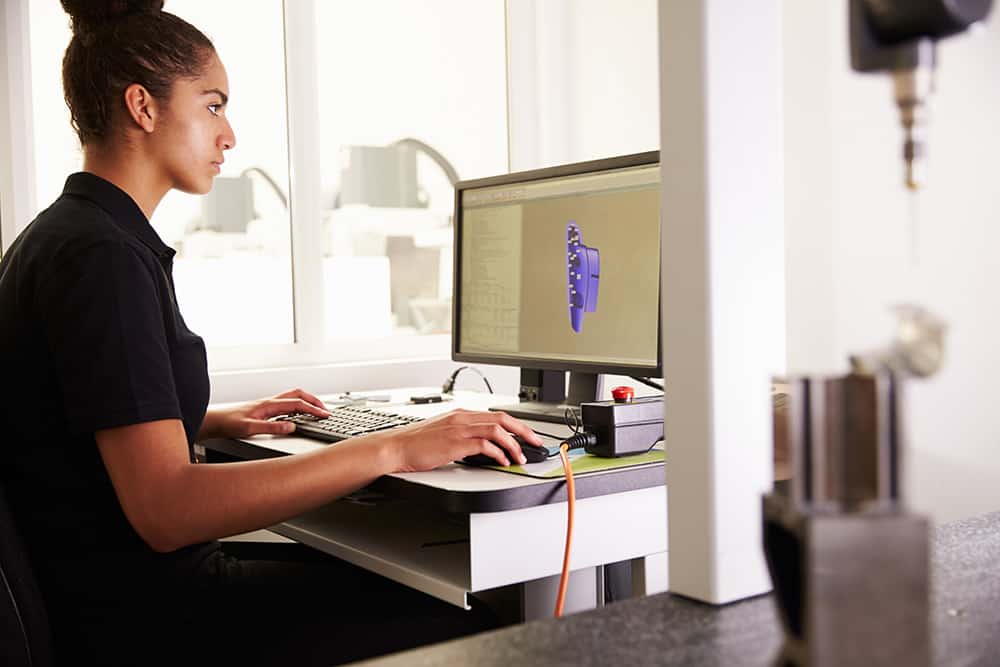
Women Entrepreneurs
Since 2019, more than 40 STEM women have participated in a customized I-Corps regional course designed in partnership with W.E. Cornell. Members of Black Entrepreneurs in Training, a student group dedicated to inspiring, informing, and initiating the next wave of Black student entrepreneurs, have also participated in this course.
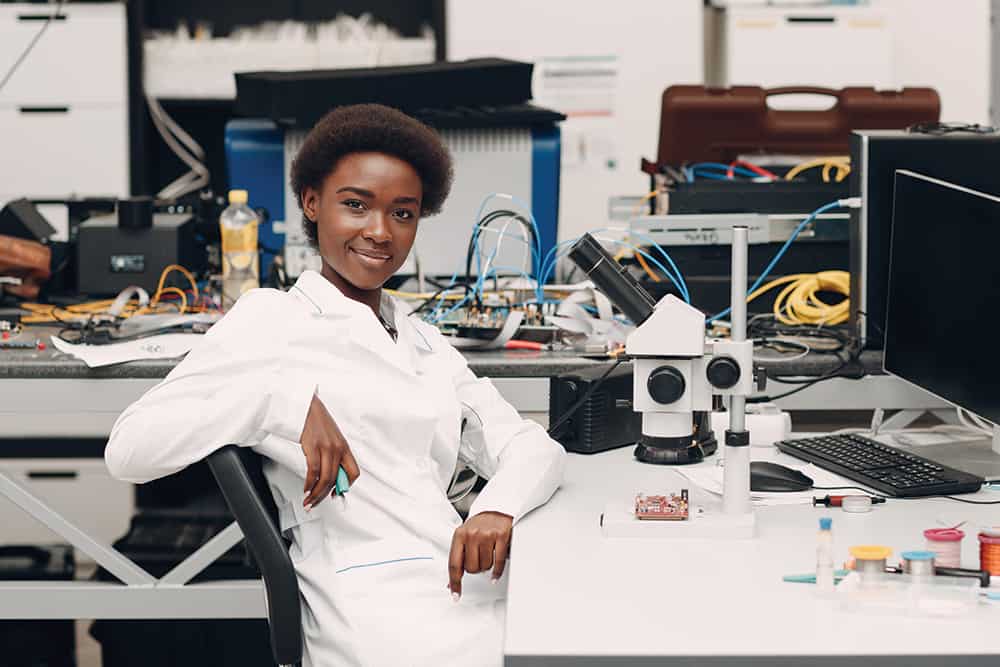
Black and Brown Entrepreneurs
In partnership with the National GEM Consortium’s Inclusion in Innovation Initiative (i4), the IN I-Corps Hub runs an immersive I-Corps regional course exclusively for GEM Fellows (STEM Masters and Ph.D. candidates) who are working on technology innovations. GEM alumni who have completed the I-Corps Regional Instructor Training program co-teach this course.
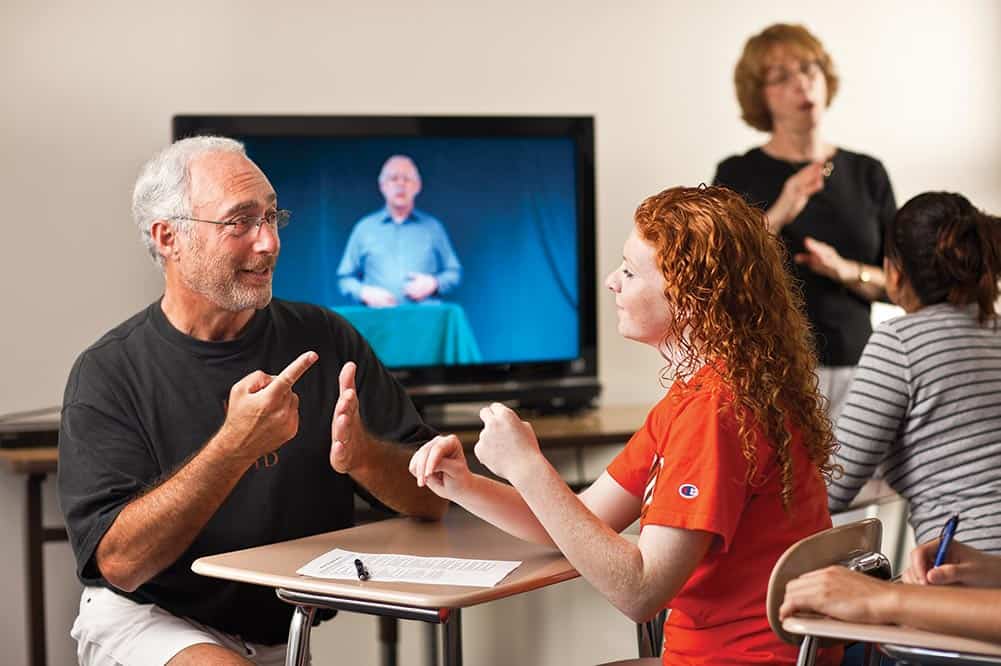
Deaf and Hard of Hearing Entrepreneurs
IN I-Corps Hub partner institution RIT – a world leader in Deaf education and inclusion technologies – developed NSF’s National Deaf Innovation Challenge (NDIC) to showcase innovative STEM ideas from entrepreneurial Deaf and Hard of Hearing students. This group has developed and launched an I-Corps program taught in American Sign Language (ASL)
Building a Diverse Teaching Cohort
In addition to building diversity among I-Corps participants, the IN I-Corps Hub has been building the diversity and strength of its teaching cohort with more instructors who are women, veterans, underserved minorities, and disabled entrepreneurs.
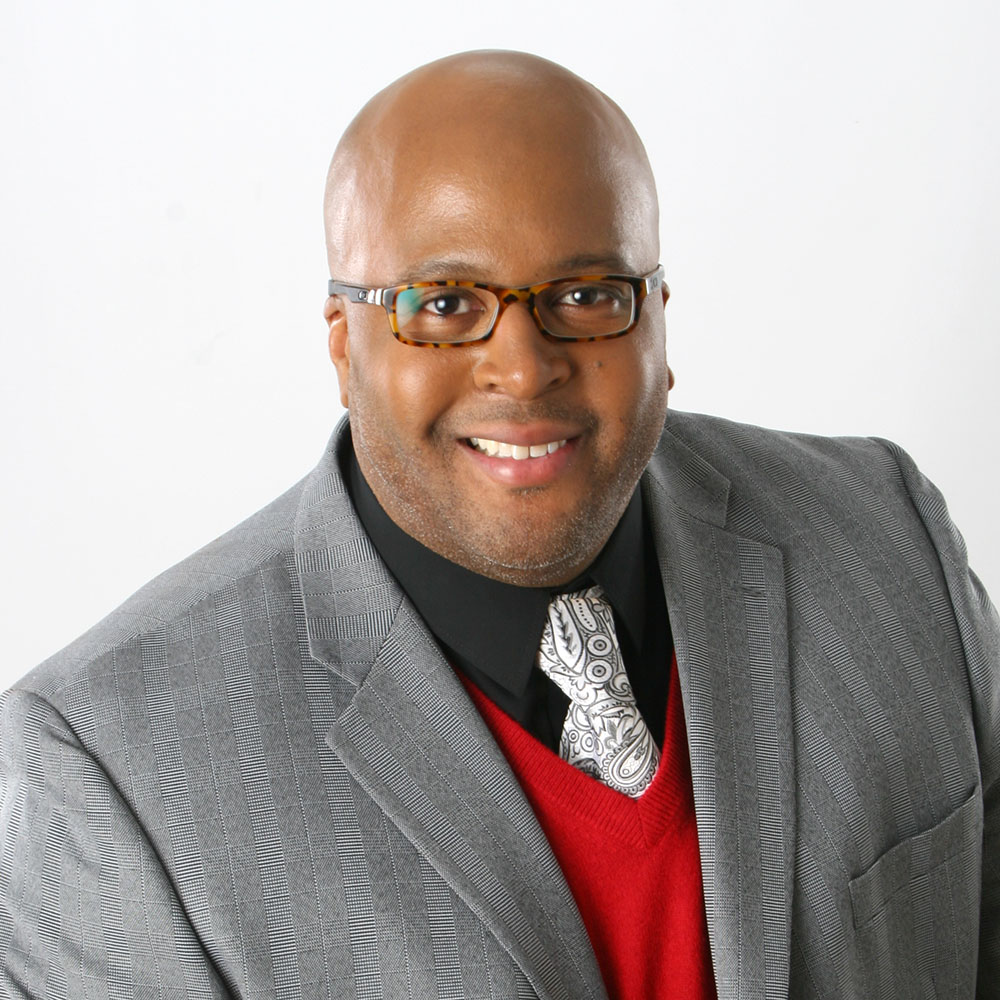
“One of my biggest lessons is following my own advice, and that is being teachable and coachable. In my opinion, it is a privilege to be an NSF I-Corps instructor — to be trusted to lead some of our nation’s brightest and most brilliant researchers through a process to explore entrepreneurship in a safe space. For me, that is something that I don’t take for granted.”
Nakia Melecio – Regional I-Corps Instructor; Senior Research Faculty, Georgia Institute of Technology; Founder & Director, Center for MedTech Excellence
“In the Regional I-Corps Instructor Training program, we learned about implicit bias and how that can affect the experience of entrepreneurs. Bias can impact not only how I-Corps participants engage with instructors, but also their interview process, and ultimately their success in I-Corps. I appreciate the emphasis on inclusivity because it makes a real difference in increasing the success of diverse participants. The research has proven that diversity in entrepreneurship benefits us all.”
Makini Byron – Regional I-Corps Instructor; Director of External Technology, Linde
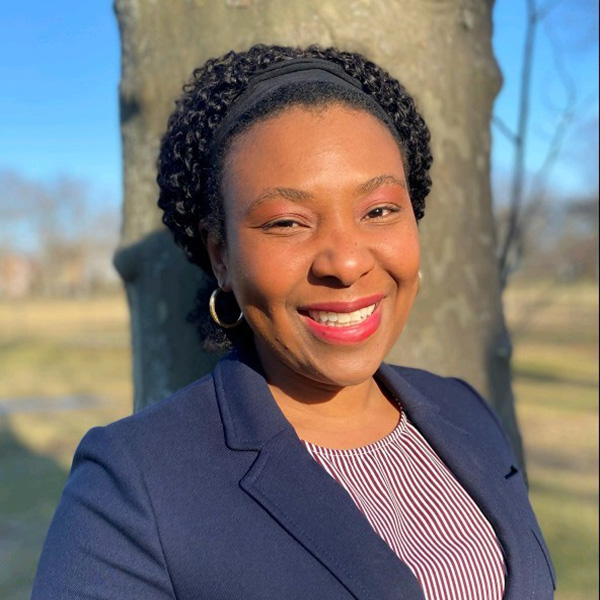
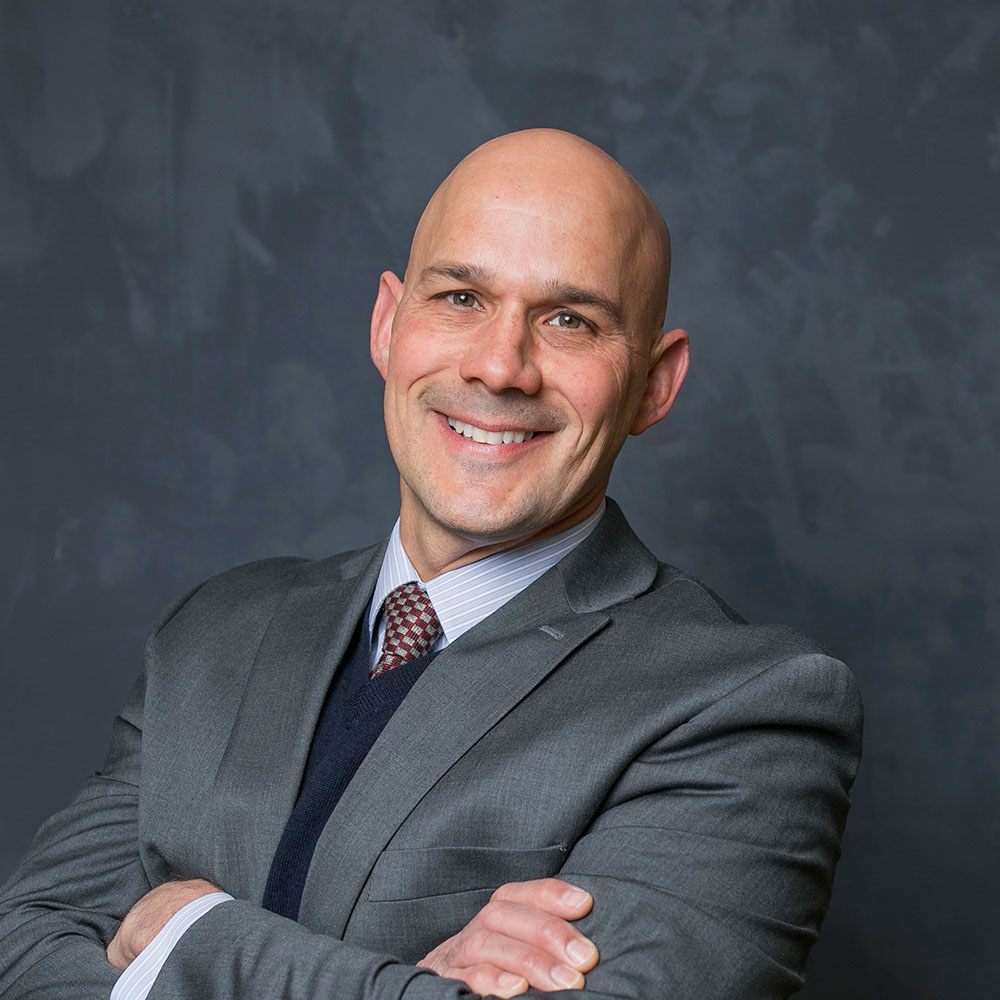
“I learned many valuable leadership lessons during my service as a combat arms officer in the Army, including the impact of team process. Bringing together the right mix of people with the right skillsets is crucial, but truly high-performing teams are able to develop coordination methods to ensure that expertise is used to maximum effect. In the units I served with, every soldier knew the role they had to play to achieve the mission, and this focus on team process has been a central theme in my academic research since leaving the Army. I bring that same focus to my entrepreneurship teaching and my work with startup companies.”
Steve Sauer – National I-Corps Adjunct Instructor; Senior Lecturer and Entrepreneur in Residence, Cornell University; U.S. Army Veteran (Armored Cavalry Officer)
“To meet the goal of attracting and engaging underrepresented entrepreneurs in the I-Corps program, it is imperative that we build a diverse teaching cohort. In my early days as a national I-Corps instructor, I found that I was just as ‘purposefully direct’ as the rest of the teaching team in my interactions, but my presence seemed to make a difference to the women participants, who would often approach me on the side and say they felt more comfortable asking me questions or discussing their team issues. As teaching teams have become more ethnically and racially diverse, I have noticed similar impact.”
Deborah Streeter – National I-Corps Instructor; Professor Emeritus, Cornell University; Faculty Director, Bank of America Institute for Women’s Entrepreneurship
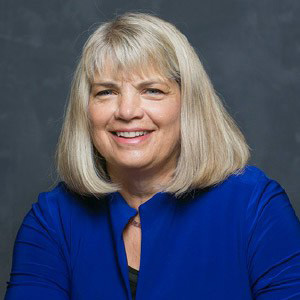
Interview with Dr. Talmesha A. Richards, Principal Manager, Innovation Relationships, GEM i4, NSF I-Corps
Instructor Training for Inclusivity
The IN I-Corps Hub is proud to emphasize inclusive teaching practices in our Regional Instructor Training program. We began developing this project as the UNY I-Corps Node and have shared the training materials with partners across the I-Corps National Innovation Network (NIN). Following recommendations from the UNY I-Corps Node’s Research and Evaluation team, our curriculum team worked with experts in equity and anti-racism training, and inclusive teaching practices to develop an Inclusive and Equitable Teaching Practices training that is the first of its kind for I-Corps nationally. In this course, instructors learn strategies to effectively teach customer discovery methodology and provide “purposefully direct” feedback to I-Corps course participants. They also learn how to recognize and disrupt implicit bias and create an inclusive and equitable learning environment.

